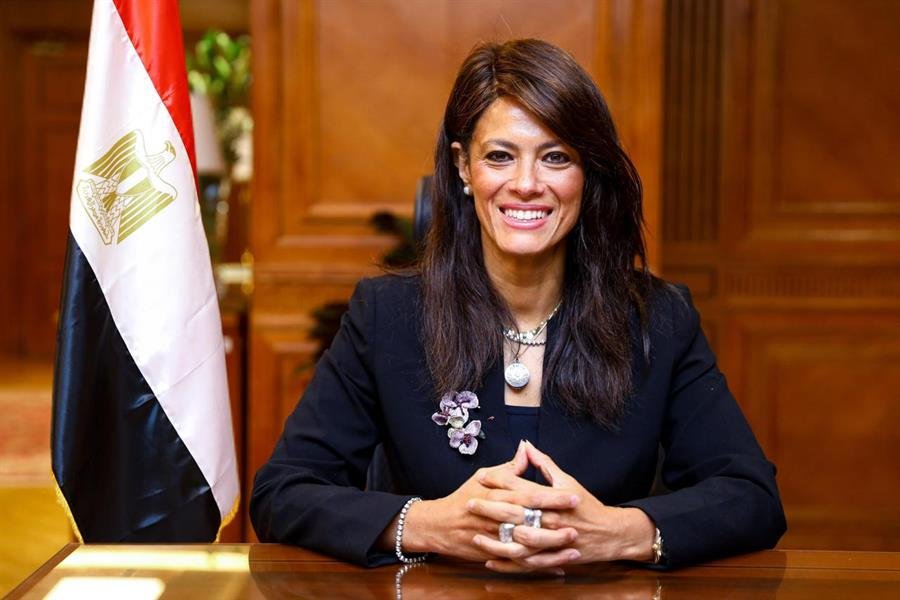Egypt has launched a bold new economic development plan aimed at achieving an annual growth rate of 7% by 2030, with a strong focus on enhancing private sector participation in the national economy.
The initiative, titled “The National Narrative for Economic Development: Policies Supporting Growth and Employment,” was officially introduced by Minister of Planning, Economic Development and International Cooperation, Rania Al-Mashat. The announcement came at a high-profile event attended by Prime Minister Mostafa Madbouly and several cabinet ministers.
The plan outlines a set of quantitative targets stretching to 2030. One key objective is to raise total investment to 18% of GDP by the target year, compared to a goal of 15.2% in the current fiscal year’s plan.
To strengthen the role of private enterprise, the framework sets ambitious goals. It aims to increase the share of private investment in total investment to 66% by 2030, up from 60%, and raise the private investment share of GDP to 11.9% from 9.1%. By the end of the decade, the private sector’s contribution to GDP is expected to reach 82%.
The development narrative also emphasizes sustainability. Environmental targets include boosting the share of green public investments to between 70% and 75% of total public investments by 2030, compared to 50% in the current fiscal year. On employment, the government aims to increase annual job creation from 900,000 currently to 1.5 million by 2030.
Plan Targets Strong Private Sector Role
Al-Mashat described the narrative as a comprehensive framework that aligns the government’s action programme with the long-term Egypt Vision 2030, developed in response to shifting regional and international dynamics. She stressed that the strategy continues the country’s economic reform path while shifting attention to more productive, export-oriented industries.

She further noted that the new framework builds upon the massive infrastructure investments of recent years, which have already strengthened the foundations for a more dynamic economy. At the same time, the government intends to redefine the state’s role to foster competitiveness and create more room for private participation.
The minister emphasized that the narrative is not a standalone project but an integrated framework drawing on the National Programme for Structural Reforms and other national strategies. It translates these priorities into measurable and trackable objectives running through to 2030.
Al-Mashat highlighted that, “in light of global geopolitical tensions and protectionist policies, the Egyptian government is adopting a balanced approach to enhance the economy’s resilience while decisively addressing internal challenges.”
The cabinet has also confirmed that the narrative will undergo public dialogue over the next two months. Specialised sessions will be held with experts and stakeholders to foster broad discussion and gather input on the framework’s various themes.
By combining structural reforms, sustainability goals, and private sector empowerment, Egypt’s new plan seeks to position the country on a path of inclusive growth and long-term economic resilience.
READ ALSO: Galamsey Fight Stalls Amid Weak Enforcement, Leadership Gaps























